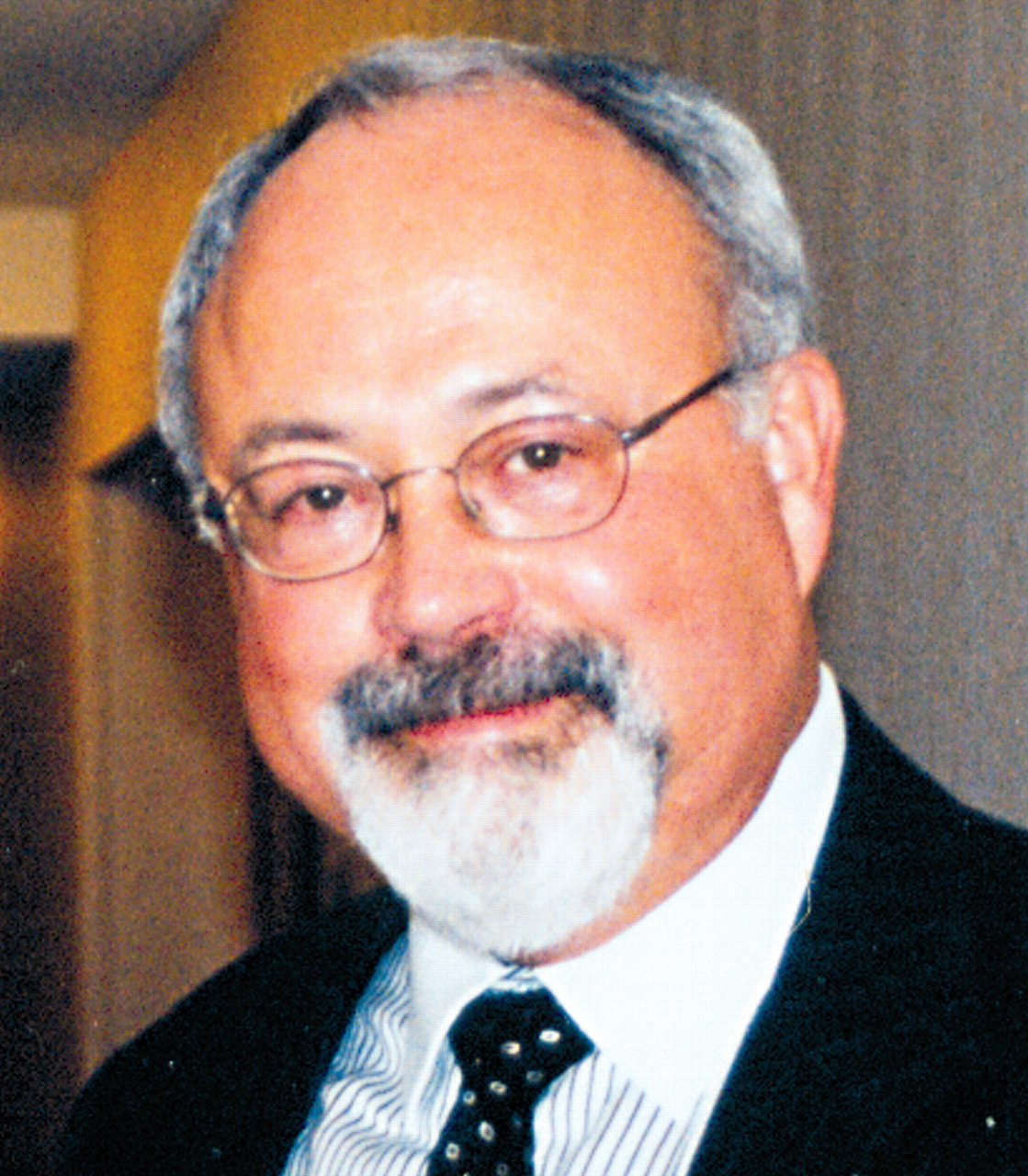Staff at Christian Hospital Northeast in St. Louis are empowering patients with schizophrenia through a comprehensive psychoeducation program aimed at helping them manage their symptoms and lead more productive lives.
The Schizophrenia Treatment and Education Program (STEPS) features a range of interactive classes tailored to the needs of patients with schizophrenia. Patients in the program learn how to manage stress, cope with troubling symptoms of their illness, and develop social skills, for example.
Garry Vickar, M.D., launched the program in 1985. He recognized that inpatients with schizophrenia and their families could benefit from accurate information about the disorder and up-to-date treatment strategies to combat its symptoms.
Vickar is medical director of the STEPS program and chair of psychiatry at Christian Hospital, a 460-bed general hospital in St. Louis. He is also immediate past president of the Eastern Missouri Psychiatric Society and is its representative to the APA Assembly.
“When I began to practice in 1976, families were being bombarded with the message that they were to blame for their relatives’ schizophrenia,” Vickar told Psychiatric News. He began to hold meetings for his patients and their families because he believed “it was important to educate patients and families about the medical model of the illness” in a way that was “less pejorative and guilt provoking for families,” he explained.
He and his staff at the hospital finally had the opportunity to educate patients and families on a much larger scale with the advent of the STEPS program in 1985.
Since that time, patients with schizophrenia or schizoaffective disorder who are admitted to the hospital have been folded into the weekly schedule of STEPS courses and attend them on a voluntary basis.
Focus on Improved Functioning
As part of the program, master’s-level mental health clinicians teach patients how to eat well and exercise, navigate a maze of social services, build support systems, and develop leisure activities.
There are also classes on how to manage stress and anger, build self-esteem, and develop coping skills.
In addition, volunteers bring trained dogs onto the unit for pet therapy once a week.
Goldie, a golden retriever, and Lee, a schnauzer, are a big hit with patients, according to psychiatric nurse Jan Roe, R.N., who has worked on the unit since 1987. “The patients love the dogs,” she said. “The dogs bring them out of their shells.”
One patient on the unit, Roe recalled, would not communicate with anyone. “But she began to communicate with the dogs,” Roe said, and after that experience, “she began to open up with us.”
STEPS staff also educate the families about schizophrenia in periodic workshops and in private meetings with patients, Roe said.
Partial-Hospital Program Used
After they are discharged from the hospital, patients are invited back to the unit to participate in the partial-hospitalization program, in which they sit in on the daily classes.
In addition, some patients join the STEPS aftercare program, which is extended to former inpatients as well as people with schizophrenia who have never been exposed to the program, Vickar said.
In the aftercare group, which is offered on Wednesday evenings and is free of charge, patients offer support to one another and are free to address with staff any issues that concern them.
“Some patients have been coming to aftercare for years now,” he said, noting that many patients in the aftercare program develop close and enduring relationships with staff.
Patients who come to the aftercare program often opt to join the National Alliance for the Mentally Ill North Club chapter, according to Vickar and Roe, through which they socialize during monthly outings to restaurants, movie theaters, and museums, for instance.
Vickar said he is gratified by the improvements made by many of the program’s patients. He has seen patients, after leaving the program, move on to independent living situations, new friendships, and full-time work. “We believe in this program because we see how well it works,” he said.
But perhaps the best testament to the success of the program lies in its outcomes.
A recent study conducted by Carol North, M.D., and Dana Downs, M.S.W., compared STEPS participants with schizophrenia patients receiving standard inpatient care. STEPS participants, the researchers found, had significantly fewer rehospitalizations than those in the control group, which translated into reduced treatment costs.
North is a professor of psychiatry at Washington University in St. Louis and Downs is a clinical research coordinator there.
Vickar presented program data at the APA Institute on Psychiatric Services in Boston in October, his eighth presentation on the STEPS program at that meeting.
The researchers plan to submit the data for publication this year.
Vickar said he thinks the program can be replicated in other settings. “I think this program can work anywhere. It’s a matter of having staff who are dedicated to working with patients with schizophrenia.”
He said he hopes that if patients take nothing else away from their learning experience as participants in the STEPS program, they at least understand that schizophrenia is an illness. “This disease is not their fault.” ▪

